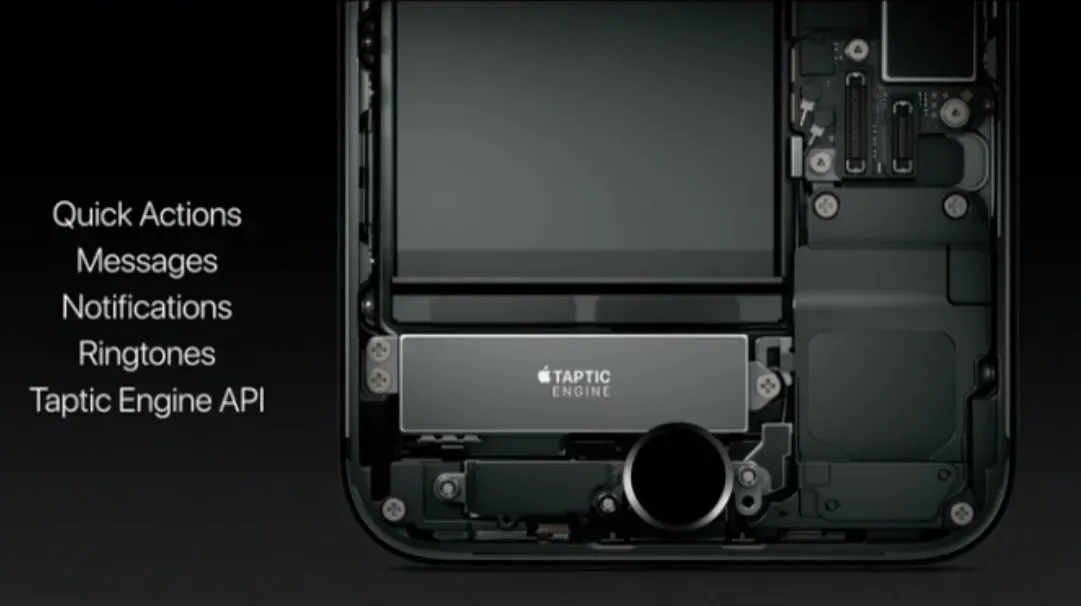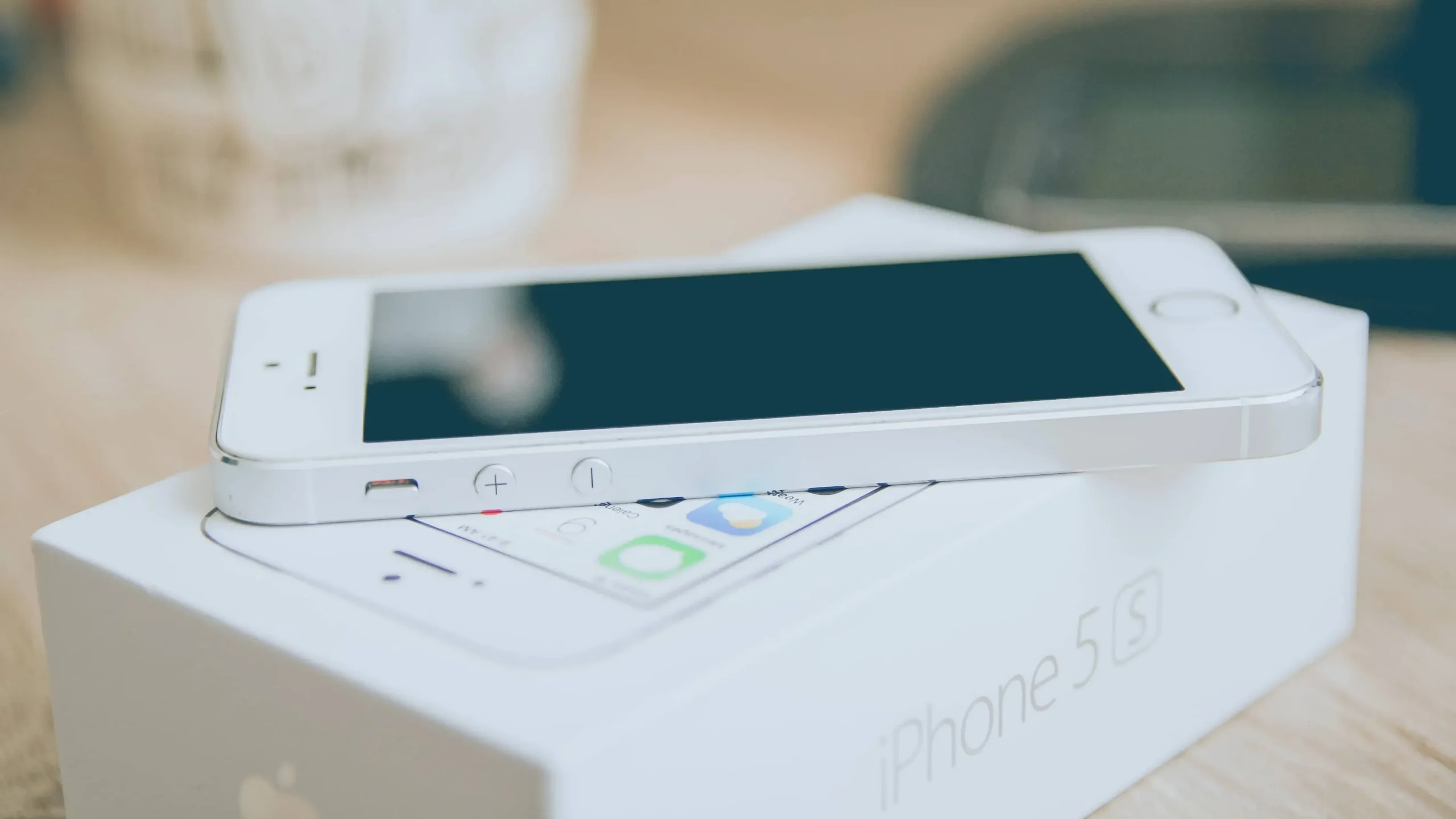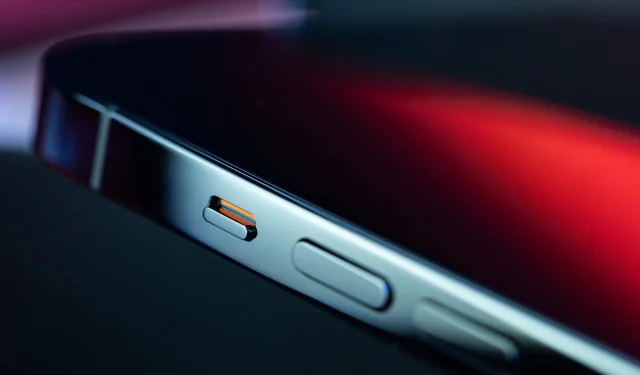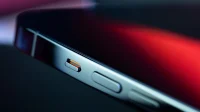Rumor has it that the iPhone 15 Pro uses a button instead of the current mechanical mute switch, and the separate volume buttons are replaced with a single rocker-style control.
- What’s happening? On the iPhone 15 Pro, the volume buttons can be replaced with a single solid-state key, and the ringer switch is replaced with a push button.
- Why care? Fixed buttons can improve dust and water resistance.
- What to do? If you think you won’t like this change, consider the non-professional iPhone 15 models, which are expected to retain movable buttons.
iPhone 15 Pro rumored to have solid buttons
We previously heard that the iPhone 15 Pro and iPhone 15 Pro Max will get solid-state volume and ringer controls. And now YouTuber Daniel Rotar is convinced that this is exactly what Apple has in store for the iPhone 15 Pro.
Based on the leaked CAD drawings, the YouTuber is “nearly 100% certain”that the iPhone 15 Pro will use a volume rocker instead of two separate buttons, and will also have a single mute button instead of the current toggle mechanism.
Not only that, but 100% sure that the mute switch will also switch to a single button, and not the up and down switch we have now. Take a look at the iPhone 15 Pro CAD VS regular 15 and the inside of the buttons.
— Daniel (@ZONEofTECH) March 2, 2023
He said on Twitter that Apple is using two pins on each of the iPhone 14’s volume buttons, rather than two pins on the single elongated button seen in the leaked CAD drawing.
Fixed volume rocker sounds impractical
Presumably, a single volume rocker would require vibration feedback to mimic clicks, the way a solid-state home button works on iPhone 7 and Mac trackpads. Be that as it may, Apple analyst Ming-Chi Kuo previously suggested that Apple will add a couple of additional Taptic Engines to the iPhone 15 Pro.

But since the buttons will no longer click when pressed, adjusting the volume with a fixed volume rocker can be a daunting task. Also, fixed buttons that require a direct touch won’t work in cases. One more thing: moving volume buttons that physically click when pressed are much more reliable for actions like force restarting an iPhone.
The evolution of the iPhone volume buttons

Of course, replacing movable volume buttons with a single rocker-style solid-state button wouldn’t be unheard of. The original iPhone, iPhone 3G, and iPhone 3GS featured a volume rocker instead of two separate buttons.
However, with the release of the iPhone 4 in 2010, Apple switched to using two round volume buttons, a design carried over to the iPhone 5 and iPhone 5s.
The iPhone 5c introduces separate pill-shaped volume buttons, also found on the subsequent iPhone 6, iPhone 6s, and iPhone 7 models. This design was used (with minor changes here and there) up until the current iPhone 14 family.
Mute button may indicate possible automation
While we’re speculating, some people think that ditching the current mechanical slide mute switch for a single push of a button may hint at the possibility of automating the mute/ring feature with shortcuts, Siri, and focus filters in a future iOS update.
On the other hand, such a move can lead to a regression of usability. Currently, you can quickly and easily visually tell if the mute switch is on by looking at the side of your iPhone. How would a regular button be displayed in orange when clicked?
In addition, you can feel the position of the ringer switch just by touching the side of your iPhone without even taking the device out of your pocket.
Haptic feedback can help distinguish between the two states. For example, touching a button can cause two different vibrations for the “pressed”and “not pressed”states. In other words, a solid-state long-press button with a built-in Taptic Engine could be the right solution for the iPhone 15 Pro’s ring/mute button.


